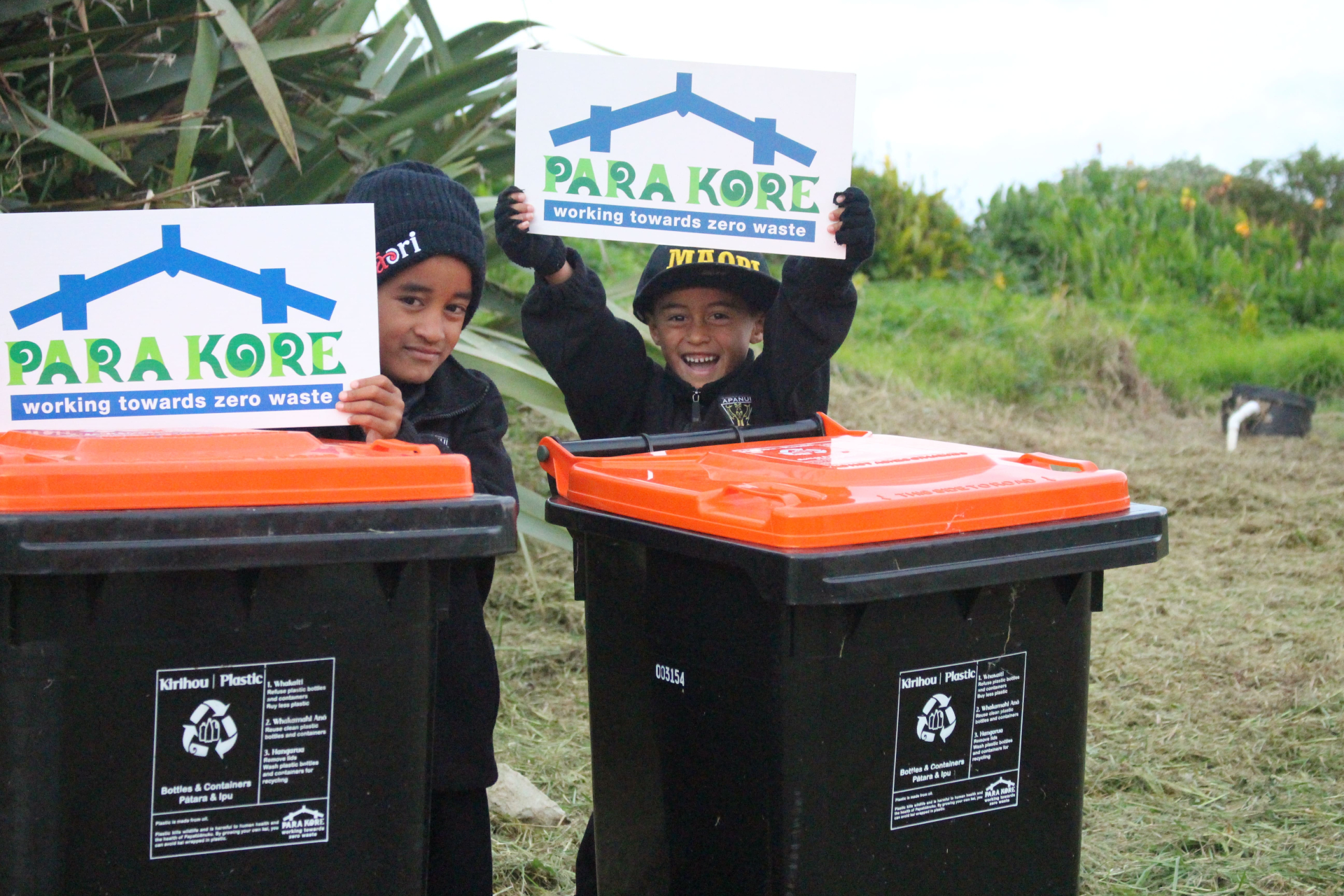
Search Site
Phone
ph 0800 654 546
- Apply for Funding
- Funding & Support
-
About Us
-
News & Media
- Annual Reports
- BayTrust Foundational legal Documents
-
Community Stories
- Rotorua’s DNA Inspires Māori Tech Leaders of Tomorrow
- Transforming Lives Through Financial Wellness
- Restoring Kiwi & Native Birdsong At Lake Okareka
- Empowering BOP Teens To Become Safe Drivers
- Dining Hall At Rangitahi Marae Gets Major Facelift
- When Inclusion Matters Most
- Salvation Army Continues to Meet the Needs of Many
- Historic Ōmokoroa Landmark Enters New Era
- Could Wetlands Provide Powerful Protection?
- Helping Taupos Rural Residents Look Out For One Another
- 300,000ha, 500 Native Species, One Whenua
- School Children Ready To Embrace Te Ao Maori
- Tūhoe Stand Strong At Beloved Easter Festival
- Bringing Nature’s Beauty Back From The Brink
- Rotorua Iwi Wage War Against Wallabies
- Helping Māori Landowners Embrace a Low Carbon Future
- Protecting Lake Taupō From New Aquatic Threat
- Looking After Mangakino’s Youth Benefits Entire Community
- Matariki Celebrations Draw People Home To The Eastern BOP
- Restoring, Regenerating & Rebuilding Waiariki Waterways
- Restoring The Mauri Of Te Arawa’s Lakes
- EDGE Workshops In Demand To Help Struggling Boys
- Helping Kōkako Stretch Their Wings
- Putting Rotorua Locals In the Driver's Seat
- Helping People Take Control of their chronic illness
- Switching Focus From Sea To Land
- Values-based education for more Rotorua students
- Helping older New Zealanders in Taupo
- Surfs Up In the BOP This Summer
- Opotiki's Long Awaited Community Hub Gets Green Light
- Door Finally Opens To Home Ownership For Tauranga Family
- Digital Learning Ready To Go Viral In Murupara
- Getting Taupo's workforce ready to face the future
- Help Available Amid Tough Financial Times
- Helping Turangi To Stand Proud
- Re-connecting & Re-engaging Isolated Youth
- Whakatane Heart Is Beating Strong
- Guiding Locals Toward Affordable & Eco-Friendly Funerals
- ‘For A Little Place, We Matter’ Te Kaha Embraces Zero-Carbon, Zero-Waste Goals
- Making time count for people with motor neurone disease
- Improving Outcomes One Possum At A Time
- Cooking Up Community Spirit In Tūrangi
- Robotics Revolution Underway In Western Bay Schools
- Growing Food, Knowledge & Community Spirit in Taupo
- Prestigious Art Competition Remains In Whakatane
- Home Maintenance Help For Tūwharetoa Homeowners
- Re-Establishing Wetlands & Turangawaewae
- Guardians Of The Lake
- Planting The Seeds Of Change
- Volunteer Matching Service To Launch In Taupo
- Community Spirit Shines Bright In Katikati
- New Funding Will Amplify ‘Impact’ In BOP
- Connecting Our Community & Closing The Digital Divide
- Supporting Grandparents To Go Back To Square One
- Improving The Lives Of BOP Kidney Patients
- Future Leaders Eastern Bay
- 1 Million Grant Announced To Help Revive Sick BOP Estuary
- Water Survival Programme Buoyed By BayTrust Support
- Solar Energy Powers School Camp Forward
- Omaio Marae Will Soon Welcome Visitors Once More
- Small Town finding ways forward for their youth
- Grants Decisions
- News
- Download our Logo
- Contact Us


